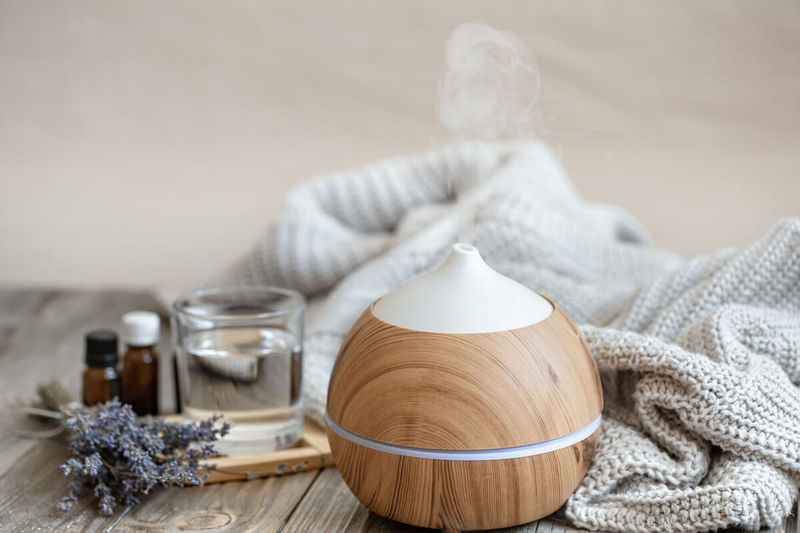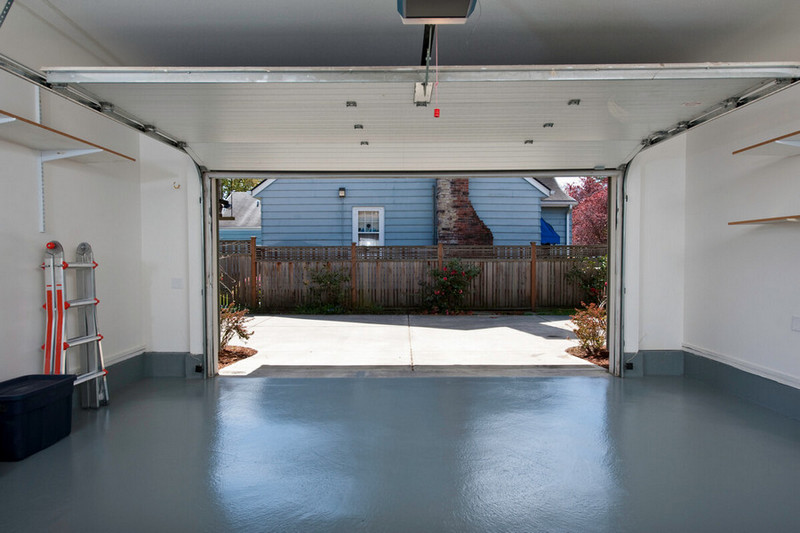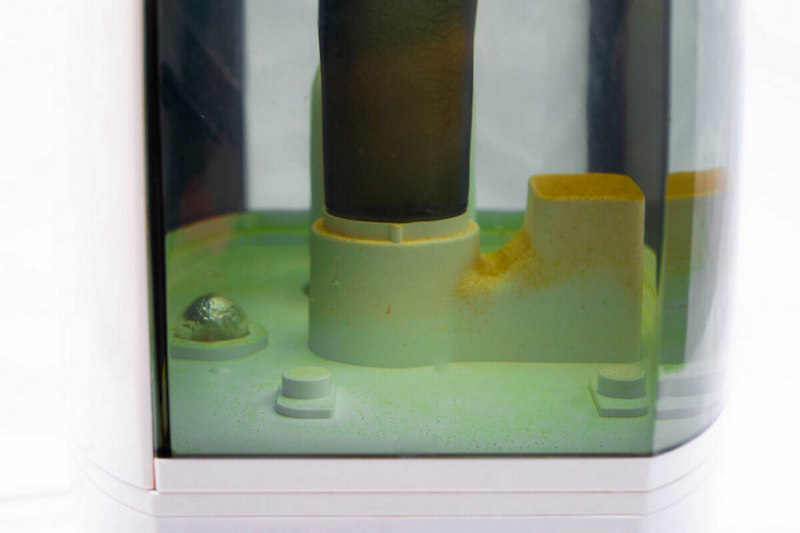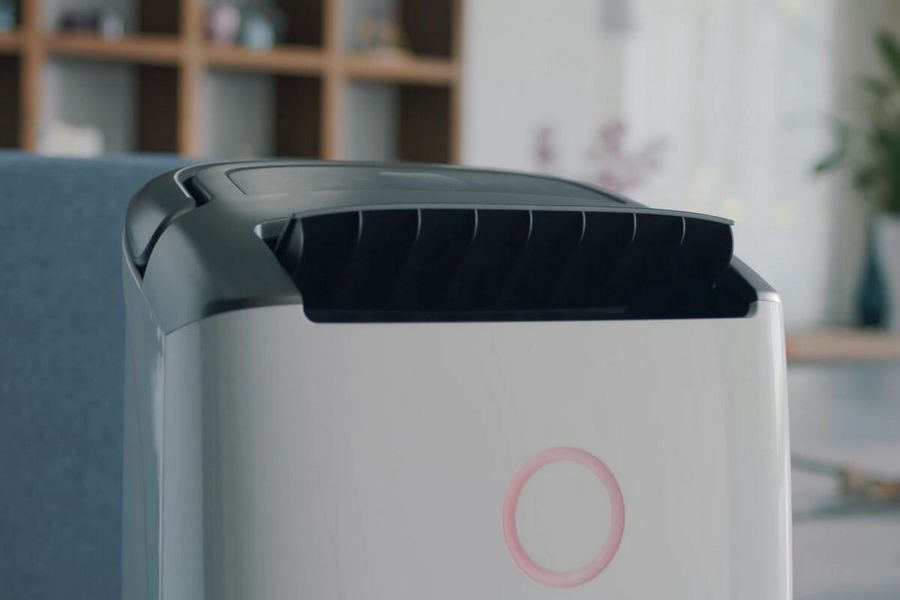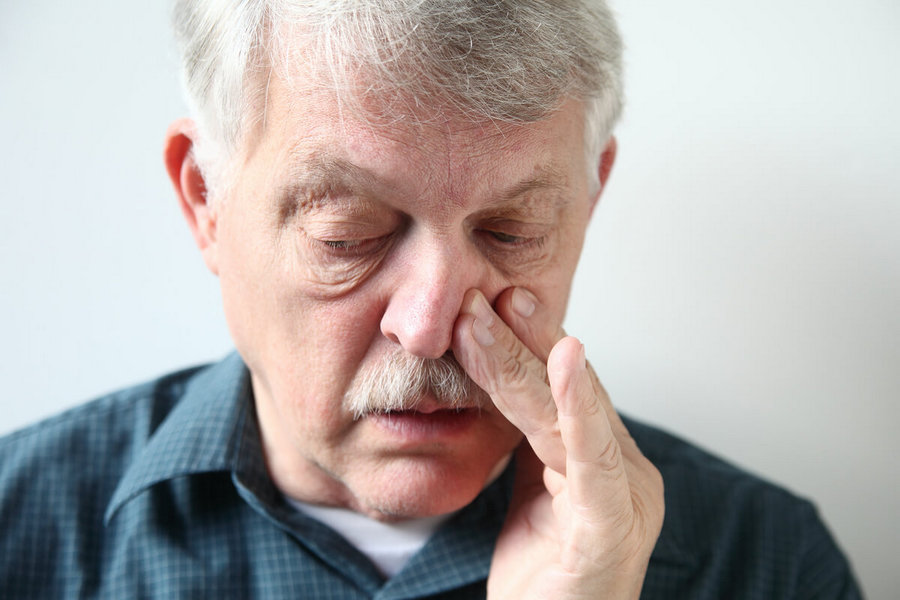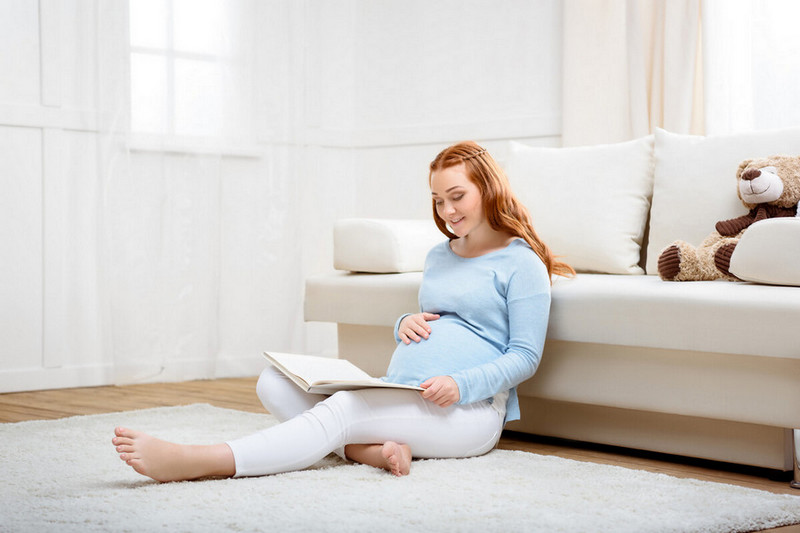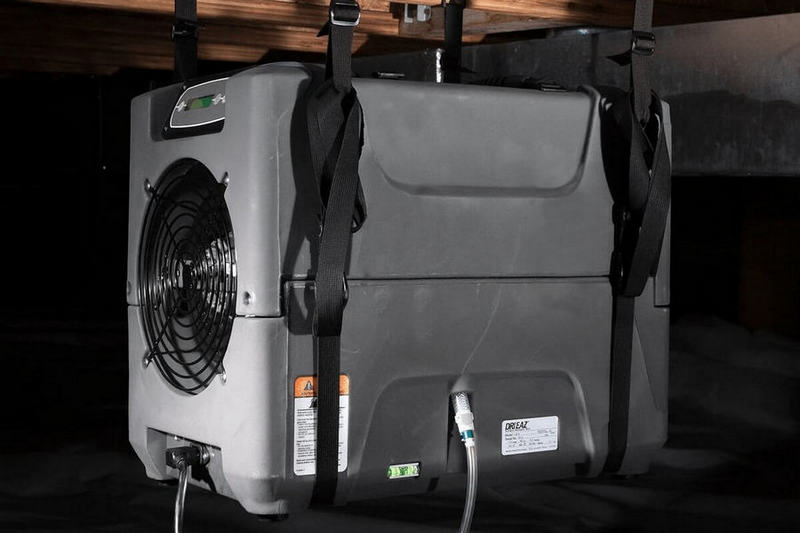When most people feel the weather becoming colder, they find ways to make the wind more moisturized indoors. During cold seasons, additional moisture is needed since the air becomes chillier and arid. Dry air could cause harm to your body.
You might have thought of using a humidifier in this kind of situation. However, some people who use essential oils have thought of other methods to have increased humidity in their environment.
Some people wonder if they can use a diffuser as a humidifier. Read the article to learn more about if you can use the functions of an oil diffuser as a humidifier.
Why Is Humidity Level in Your Home Important?
Because most people spend almost 90% of their time inside buildings, keeping a healthy and comfy environment indoors is very important. You can compare your home to the human body. It also needs proper hydration so that people living there are comfortable and healthy.
Your house will likely become dry if there is low humidity or not enough moisture. The body can suffer from the negative effects of dry air. The skin, nose, and throat can be affected by it. There is also increased susceptibility to having colds with the absence of proper moisture.
Not only will your body be negatively affected but also your home. If there is too much humidity indoors, it could be a breeding ground for biological contaminants such as mold, bacteria, fungi, dust mites, and viruses. These can result in respiratory health issues.
Studies confirm that relative humidity levels ranging from 40% to 60% are ideal for your risk of getting exposed to the influenza virus that thrives in many places, including the air. Low humidity levels result in more influenza viruses that become more infectious.
Related: Is 70 Humidity in a House High?
Humidifier Vs. Essential Oil Diffuser: What’s The Difference?
Humidifiers and diffusers are not the same. The primary function of a humidifier is to convert water into moisture and allow it to get absorbed in the air. As a result, there is more moisturized air. Diffusers are primarily utilized to disperse essential oils. Thus, its job is more focused on the aroma.
Nevertheless, some humidifiers come with a small compartment for a minute amount of essential oil. Unlike diffusers, a minimal amount should be used, and water should not be mixed in the tanks.
When you decide which you should buy, you should consider how it will be purposeful.
You should consider a humidifier if you want something that makes the air more moisturized. That is because diffusers are not recommended in making the air more humid. Nevertheless, you can consider an oil diffuser for relaxation and taking advantage of the medicinal benefits of essential oils.
Read Also: What is the Purpose of a Diffuser?
Can You Use Essential Oils in Your Humidifier?
By adding essential oils to the water tank of your humidifier, it can eventually become damaged. The reason for this is that the oils accumulate and coat the mechanisms.
This could break the plastic, block the sensitive ultrasonic nebulizers, and lose potency in the long run. Retaining bigger particles compared to its capacity for absorption also occurs.
If you have no problem replacing the mechanisms frequently, putting a small amount of essential oil into your humidifier’s water tank is alright. Placing a special mister and scent diffuser can help in some types of humidifiers.
A fragrance diffuser keeps the compounds from separating to the primary tank and dispersing them in the air. Planning to purchase this, you have to make sure to follow the manual when you utilize the mister and wash your humidifier.
Use essential oil to wet a cotton ball and place a clump of cotton on the outlet mister’s outlet. When the humidifier lets small droplets out into the wind, the fragrance coming from the solution is also released, and some particles diffuse.
The complete potency of essential oil is preserved through a cold air humidifier. Oils are released into the air through a warm air dispenser. You need to regularly clean the humidifier grille to eliminate sticky oil residue, which can break down plastic.
Can You Use a Diffuser Without Oil?
You have other options to use your diffuser if you run out of essential oils. Some alternatives have the same function as essential oils. Here are some practical ways to use your diffuser:
Water
You can use your diffuser to saturate your room with humidity. Aside from making your space fragrant, you can use it as a humidifier. You just need to put water into your diffuser and turn it on simply.
Since water is added into the air, it will become moist. Using water is highly recommended for ultrasonic diffusers.
Lemon Juice
If you are in the mood for a citrus scent, but you run out of citrus essential oil, you can use refrigerated lemon juice. You just need to warm it up to room temperature and put it in your diffuser.
You can mix some water if it is too concentrated. The fragrance will not be as intense as a citrus essential oil, but you can still enjoy it.
Herbs and Spices
You can use any herb or spice like rosemary, lavender, mint, cinnamon, gloves, etc., and combine it with water. Put the solution in your diffuser and use it as a substitute for essential oil. You can also opt to mix any herbs and spices you want.
Which Is Better for Sinus Congestion: Diffuser or Humidifier?
For aromatherapy, diffusers are used together with essential oils. The mist that gets absorbed by your skin can be soothing and relaxing, depending on the oil you choose.
Diffusers can also lessen fungus and bacteria in your room, preventing health problems. You need to keep in mind that you can enjoy the benefits of diffusers if you use the ideal essential oil for your needs.
On the other hand, humidifiers are ideal for people who have problems in dry seasons. Using a humidifier can help with nose bleeding, dry skin, and snoring. Some people use it to treat flu, cold, and sinus congestion. A humidifier is perfect for people who do not like dry and cold air.
Related: Putting Vinegar in a Humidifier for Sinus Congestion
Can a Diffuser Be Used as a Humidifier for Plants?
Diffusers can be used to humidify plants, especially if you have a small space such as a plant corner. That is because they function like small humidifiers. Because of the size, it cannot create a lot of moisture.
Humidifiers have larger water reservoirs, so they can be operated for longer. Since it adds moisture to the air, they are best for big rooms that have many plants.
So, Do Diffusers Humidify the Air?
Finally, diffusers can humidify the air since it adds moisture. Nevertheless, if you use it in a large area, the output might not be significant.
Even though diffusers can work, you can benefit from them when you use them with essential oils for your home or office. You can also opt to get a humidifier and diffuser combo.
- Why Is Humidity Level in Your Home Important?
- Humidifier Vs. Essential Oil Diffuser: What’s The Difference?
- Can You Use Essential Oils in Your Humidifier?
- Can You Use a Diffuser Without Oil?
- Which Is Better for Sinus Congestion: Diffuser or Humidifier?
- Can a Diffuser Be Used as a Humidifier for Plants?
- So, Do Diffusers Humidify the Air?

